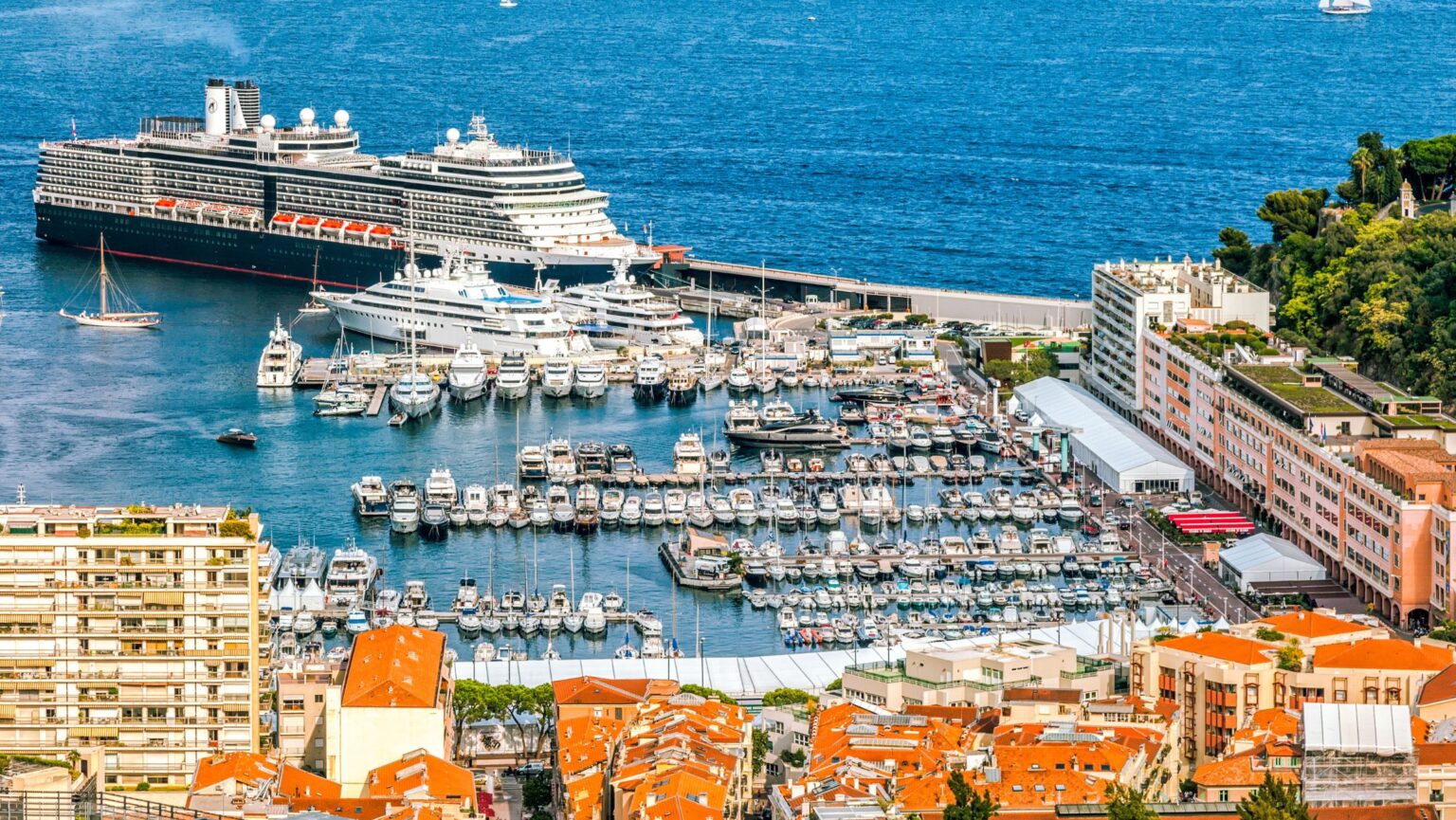- Mayor Christian Estrosi, who governs over Nice and the Villefranche region, has been attempting to ban large cruise ships in the region.
- The Mayor caused a stir when he confronted a Royal Caribbean ship that docked in the region.
- However, the French courts have overruled this ban, stating that Estrosi does not have authority to make this decision.
The banning of large cruise ships has been overturned after the administrative court of Nice suspended the decree.
The Court determined that the Mayor of Nice, Christian Estrosi, does not have the authority to place such restrictions, ruling that “these limitations go against the freedom of movement for cruise ship passengers and the freedom of trade and industry for cruise operators”.
Estrosi made headlines when he confronted the crew of a Royal Caribbean ship and told the ship to “get lost”, it appears the Mayor has the courts against him.
The ruling dictates that only the Maritime Authority has the power to regulate ship traffic.
The initial proposal was to ban cruise ships with over 900 passengers.
But now, the 12 ships, that have the capacity for over 900 passengers, have the green-light to go ahead and visit the port.
Next year, more than 200,000 cruise passengers are set to stop in Nice and Villefranche.
The Mayor has declared that he won’t give up, even threatening to sue the state if necessary.
What can this ruling tell us about ports wanting cruise restrictions?
A key takeaway from this court ruling is that just because a town’s government wants to ban cruises, doesn’t necessarily mean they can.
Different regions have different laws, and whether cruise caps, taxes or bans can be implemented at a local level, will depend on who has jurisdiction over those decisions in that particular area.
For example, we saw a very similar decision to this one go the other way in the United States. When Bar Harbor wanted to limit the number of cruise ship visitors allowed to disembark per day, they were challenged in court under the argument that this would be an unconstitutional restriction of trade.
The court found that the town instituting a cap on cruise visitors was a valid exercise of its authority and did not violate the constitution.
This demonstrates how different regions have different laws and regulations in place over who can and cannot regulate the arrival of cruise ships to a town.
The Cruise Lines International Association (CLIA) or other industry stakeholders, are more likely to challenge rulings against cruises in cities or regions where it has a stronger legal argument.
For example, CLIA has filed a lawsuit against the Alaskan town of Skagway seeking to charge tax on the commission on every cruise tour. The organisation believes it has a legal argument that this tax would be unconstitutional.
However, in a country such as Spain, where it appears towns have more power in denying access or placing limits towards cruise ships, they have not faced any legal challenges, with CLIA rather suggesting a potential boycott of Spanish ports.
From the cruise industry’s point of view, a ruling such as the one made in Nice creates both positive and negative considerations.
The positive being that just because a certain town, or politician, wants to ban cruise in their region, doesn’t mean that they can.
The negative is this ruling applies only to the particular laws of France and the Villefranche region and does not necessarily have any implications for the other bans, cruise caps and taxes being proposed around Europe.







